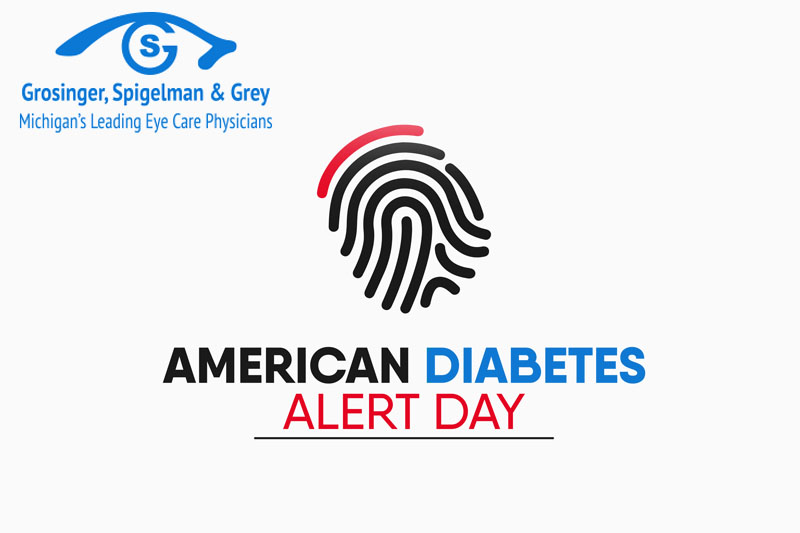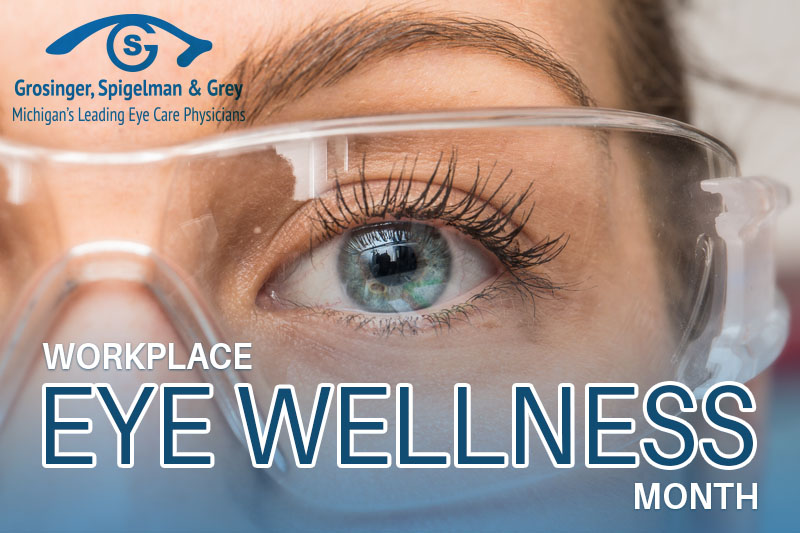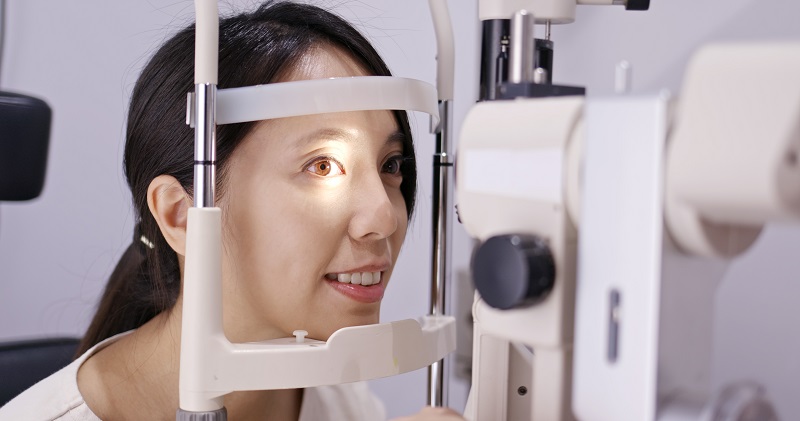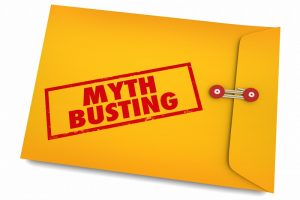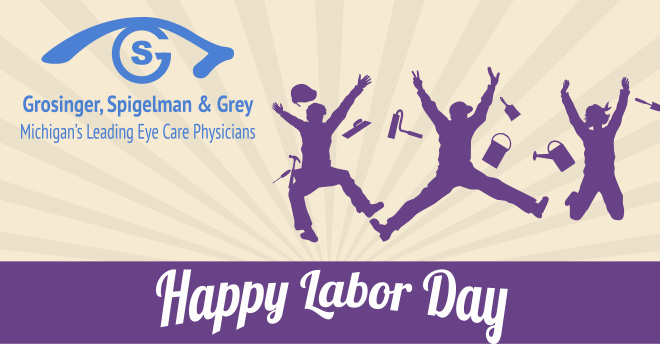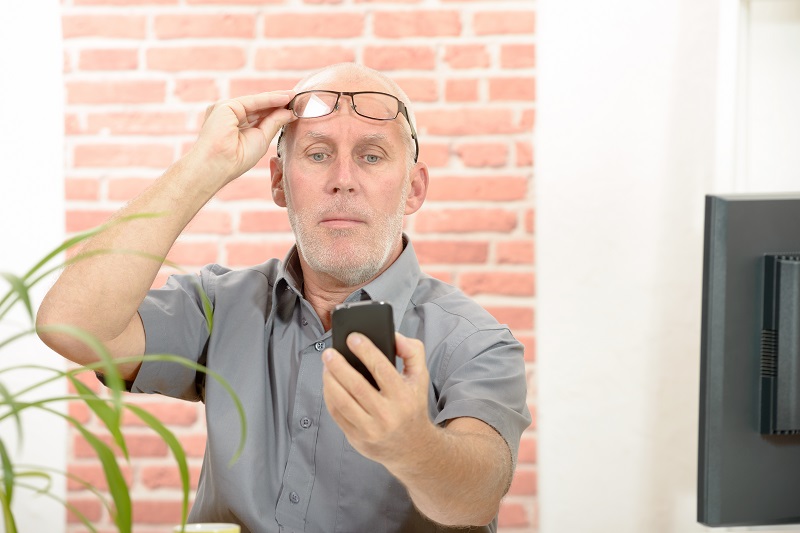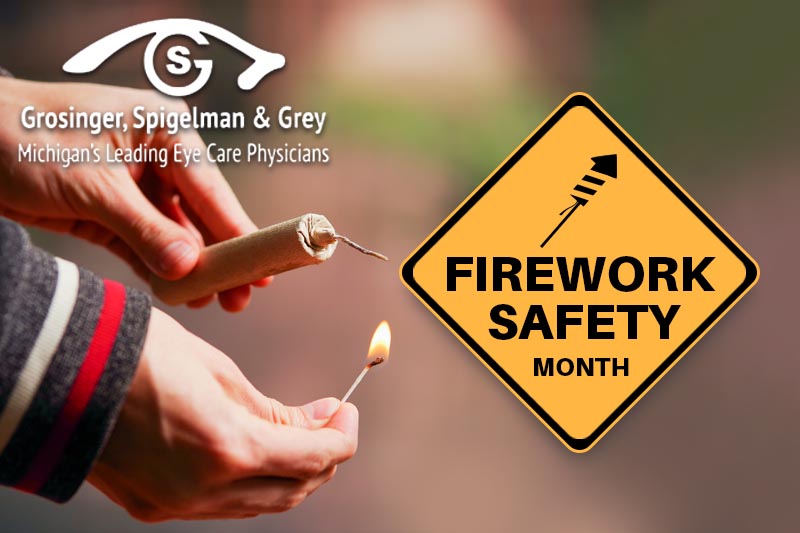
People are anxious to get out and celebrate. Let’s do it safely. Consumer Product Safety Commission‘s most recent report found that eye injuries accounted for 15% of fireworks injuries. Fireworks can cause burns, corneal abrasions, retinal detachment, and rupture the globe of the eye, which can cause vision loss and permanent eye damage.

